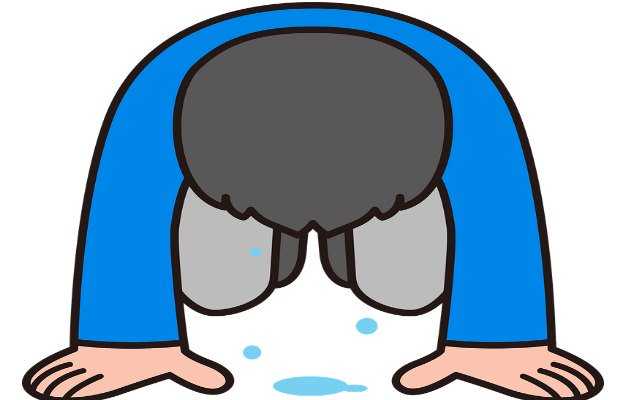What is a shock?
A person goes under a mental shock when he or she experiences some disturbing, frightening, or traumatic events like the loss of a loved one. A person who is in shock experiences long-term reactions like flashbacks, unpredictable emotions, and strained relationships.
What are its main signs and symptoms?
The main signs and symptoms of a shock are:
- Loss of memory
- Getting startled easily
- Extreme alertness and looking for warnings of potential danger
- Panic attacks
- Difficulty in falling asleep
- Feeling emotionally numb
- Difficulty in concentration
- Anger
- Depression
- Disbelief
- Confusion
- Terrifying memories
- Irritability
- Nightmares
- Mood swings
- Sexual dysfunction
- Denial
- Changes in coping ability
- Visual images of the event
What are the main causes?
The main causes of a mental shock are:
- Natural disasters
- Domestic and workplace violence
- Terrorism
- Witnessing a death or other traumatic event
- Imprisonment
- Severe injury or illness
How is it diagnosed and treated?
A mental health doctor conducts a physical examination, refers the medical history and notes down the symptoms observed in the patient with shock.
The following treatments are used to treat mental shock:
- Cognitive restructuring: This therapy helps people accept and forget the bad memories to ward off the feelings of shame and guilt.
- Psychotherapy: Also known by the term talk therapy, psychotherapy includes multiple sessions that last from 6 to 12 weeks or longer. These sessions are conducted in the presence of a mental health provider. The support from friends and family received with the help of this therapy helps induce the feelings of trust, confidence and emotions in a person with shock.
- Exposure therapy: This therapy helps people control their fears and worries. Writing and imagination are some of the tools used in this therapy.
- Medications:
- Antidepressants to control the symptoms of getting angry, worrying, feeling sad and emotional numbness
- Anti-anxiety medications
- Relaxation techniques: Techniques like breathing exercises, practising meditation and yoga, and following a routine of regular exercising provides mental relaxation and calmness to a person in mental shock.

 OTC Medicines for Shock
OTC Medicines for Shock















